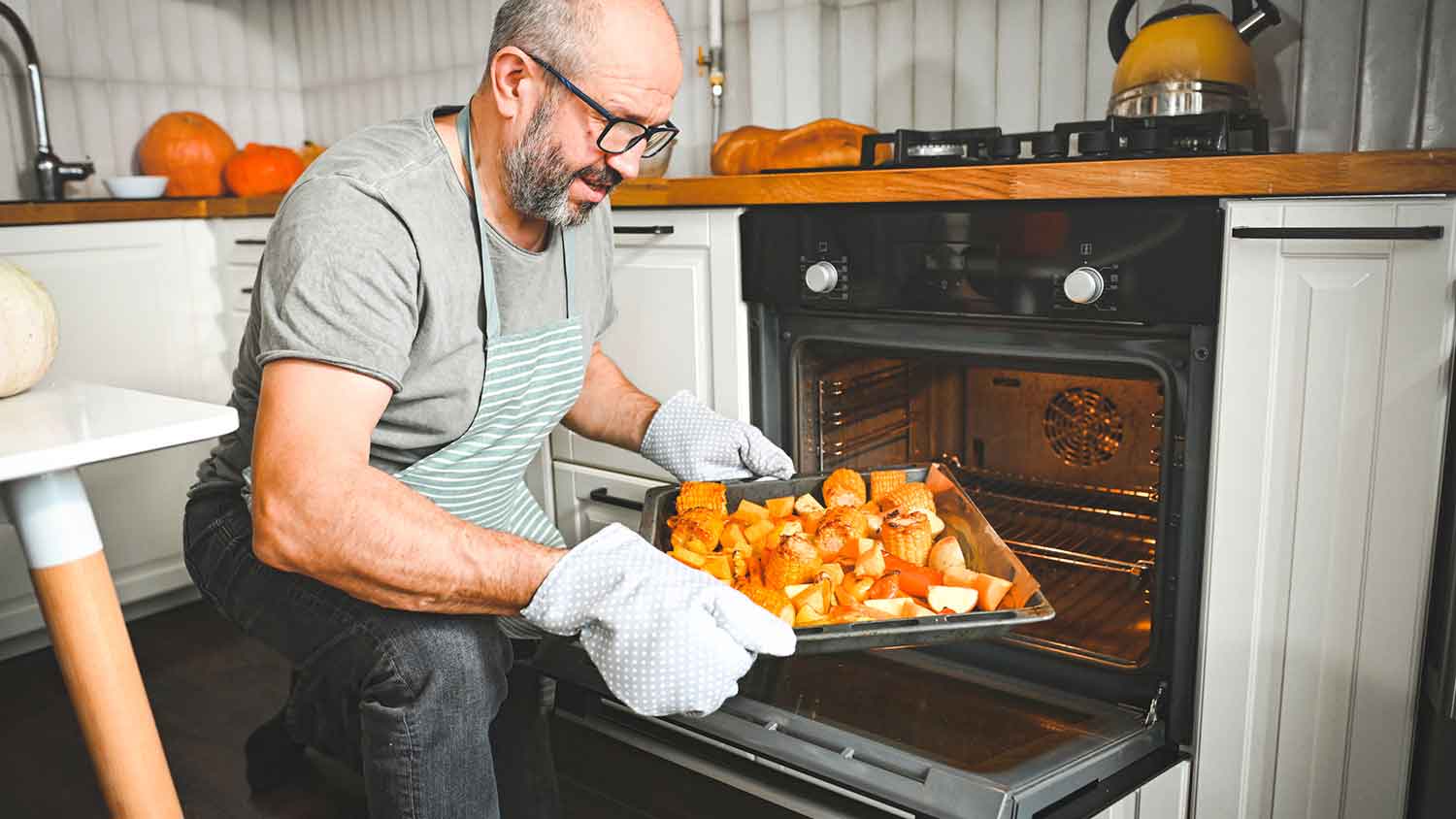Which Appliances Need an Extended Warranty and Should You Get One?
It’s not always worth it to pay for longer coverage


An extended warranty covers an appliance for longer than the manufacturer’s guarantee.
Appliance extended warranties don’t cover accidental damage.
The average extended warranty for a large appliance costs $150.
Avoid warranties that cost more than 25% of an item’s retail price.
You’ve spent an exhausting amount of time researching, deciding, and second-guessing what appliance to buy, and just before completing the purchase, you’re hit with one more decision: Do you want to add an extended warranty? While there’s no hard-and-fast rule when it comes to extended warranties, we’ll outline which appliances need an extended warranty to help you decide if it’s worth the added cost.
What Is an Extended Warranty?
An extended warranty is an optional coverage plan that offers repairs and sometimes the full replacement or refund of an appliance past the standard warranty period. They cost extra as an upfront flat fee or a monthly payment. The exact terms of coverage vary, including the length of the plan, the price, and the types of issues that are insured. Many appliance warranties cover all issues outside of accidental damage.
What Products Need an Extended Warranty?
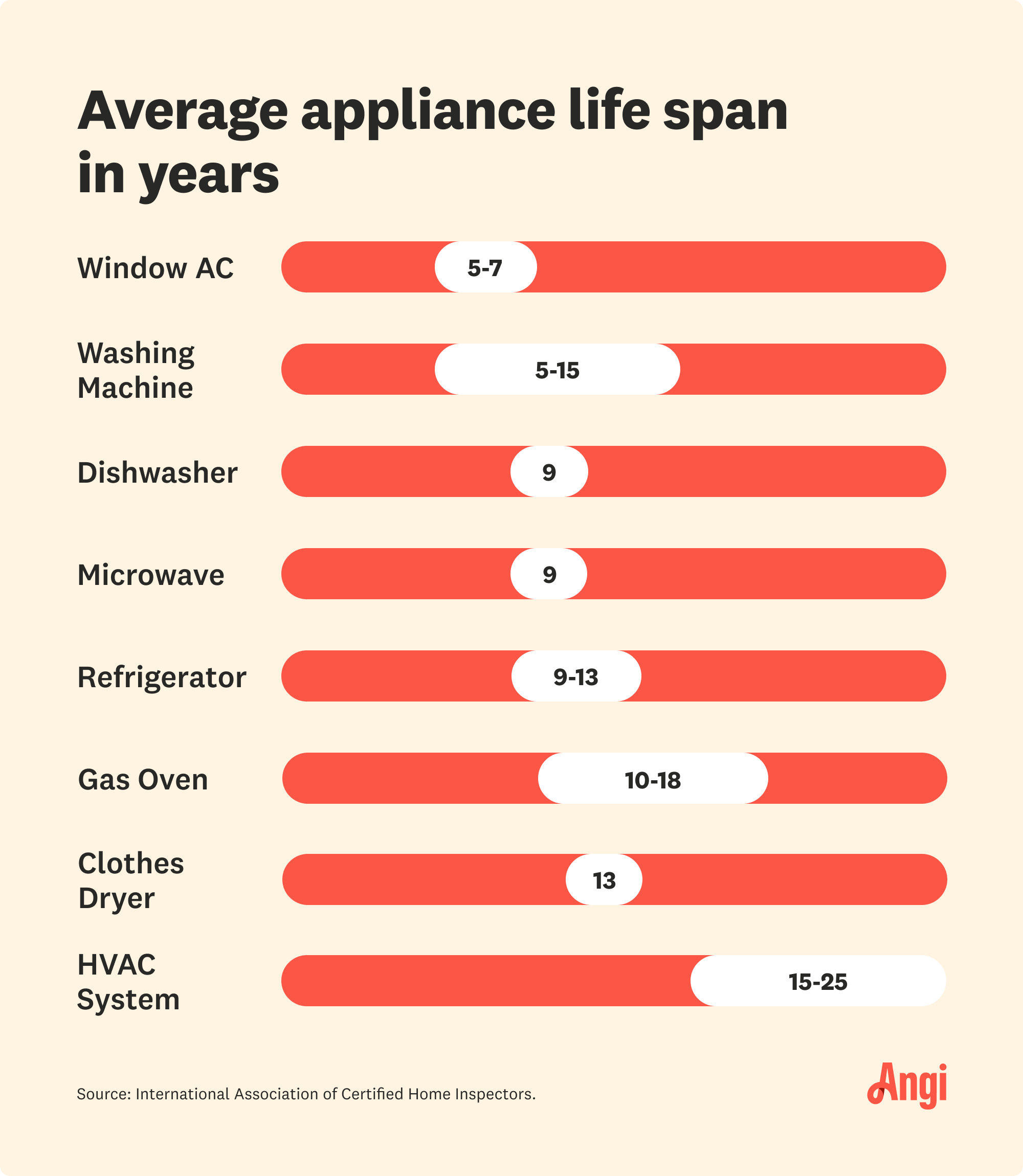
While no appliance definitively needs an extended warranty, these products are more worthy of added coverage.
Refrigerator: Consumer Reports estimates that 34% of refrigerators require repairs within five years of ownership. Even though refrigerators have a long life span on average, it might be worth getting an extended warranty on your fridge to cover possible repairs.
Dishwasher: Dishwashers are another temperamental kitchen appliance. You likely won’t experience any issues for nearly a decade, but many homeowners find their dishwasher doesn’t work as well as it used to after five years of use.
Window AC unit: The average homeowner pays $315 for a window AC unit, but repairs for these machines can often cost more than the unit itself. Window AC units also tend to break sooner and more often than other appliances, making them a prime candidate for an extended warranty.
Gas oven: Repairs for a gas oven vary widely in price, ranging from $100 to $600. This is pricier than their electric counterparts, making them a more worthwhile option for an extended warranty. However, you should be able to count on a gas oven for a long life span of up to 15 years.
What Products Don’t Need an Extended Warranty?
These appliances are either less likely to need repairs, or the repairs are cheaper.
Televisions: The biggest threat to your television is accidental damage, which isn’t covered by an extended warranty.
HVAC: Purchasing or replacing an HVAC system is expensive, no doubt about it, but they tend to last a long time and have long base warranties of five or 10 years anyway. If you purchase an HVAC system from a quality manufacturer, it could last up to 25 years without issue.
Washers and dryers: Consumer Reports found that 20% of washing machines and 16% of dryers broke or stopped working over a 10-year span. That rate is lower than other major appliances, meaning you should feel safe skipping the extended warranty here. That said, it’s up to every homeowner to decide what appliances they want coverage on.
Small appliances: If you spend $60 on a coffee maker, it’s not worth spending $20 on an extended warranty, even though the latter figure sounds small at the moment.
Microwave: Microwave repair is fairly expensive, considering the low retail price of many models. For that reason, it could be worth adding an extended warranty. However, microwaves are comparatively reliable appliances with long life spans. Plus, the cost of an extended warranty can be close to its retail price, providing the customer with less value.
Electric oven: You’ll have cheaper repair bills if you choose an electric oven over gas, with most repairs ranging from $100 to $200. The two styles have similar lifespans of up to 15 years.
Benefits of an Extended Warranty
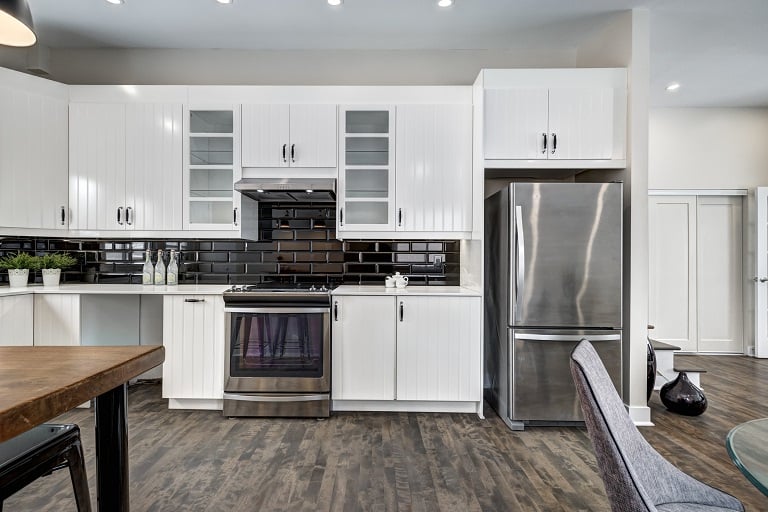
Extended warranties offer many benefits, such as continual protection for that “problematic” appliance.
Peace of Mind
For some people, avoiding the stress of an expensive item breaking is priceless. So, if you think every late-night rumble of your expensive refrigerator will keep you awake with worry, it could be worth paying for the knowledge that you’re covered if something should happen.
Professional Repair
Whether you purchase an extended warranty from a manufacturer or a third party, you can rest assured that a qualified technician will make potential repairs. Third-party insurers often have contracts with local appliance repair experts who will go to your home for service.
Coverage Can Be Redeemed Multiple Times
An extended warranty covers a product throughout the length of the contract, no matter how many issues you encounter. Say you have a washer-dryer unit that incessantly acts up; depending on the cause, your extended warranty could cover multiple inspections and repairs if needed.
Drawbacks of an Extended Warranty
Other times, it's best to ignore the warranty offer if your appliance is less expensive.
Expensive
Extended warranties start around $20 for small appliances like a coffee maker or electric kettle and $150 for large appliances like a refrigerator. They can reach upwards of $500 if the appliance is more expensive. That’s no small fee, especially if a one-time repair costs roughly the same amount or less. The average cost of refrigerator repair is $200 to $300, for example.
Warranty Might Go Unused
As far as drawbacks go, this one has a silver lining. If a warranty goes unused, it means the appliance worked properly the whole time. The downside, of course, is that all the money spent on the warranty feels wasted.
Accidents Aren’t Covered
Another major knock against extended appliance warranties is that accidental damage is rarely covered, despite it being one of the most common reasons for needing repairs. You overload a washing machine, and it breaks? No coverage. Drop a skillet and crack your glass stovetop? Outta luck.
Is an Extended Warranty Worth It?
In most cases, no. Paying for an extended appliance warranty is usually not financially beneficial in the long run. It’s more likely that an appliance works properly or that the repairs are cheaper than the warranty cost than it is for the warranty to pay off. The frustrating part is that it only takes one expensive item to malfunction, and you’ll kick yourself for not clicking “add protection” in the shopping cart.
If you’re torn on adding a warranty or not, one way to decide is by basing it on the warranty price in relation to the item price. A warranty that costs around 15% of an appliance’s retail price is cheaper than average and could be a good deal for the customer.
Frequently Asked Questions
Extended warranties are available in several lengths, with most ranging from one to five years. Some insurers only offer one- to two-year warranties, which may fall in line with your manufacturer’s warranty, rendering the extended warranty useless. For most major appliances, longer warranties tend to offer the best possible return, since you’re more likely to encounter issues the longer you own an item.
While it varies by retailer, customers may be able to cancel an appliance's extended warranty within a certain timeframe, whether it’s 30, 60, or 90 days. It’s best to contact the retailer or manufacturer directly if you’re uncertain. However, those with home warranty plans will be pleased to know that they can cancel them at any time.


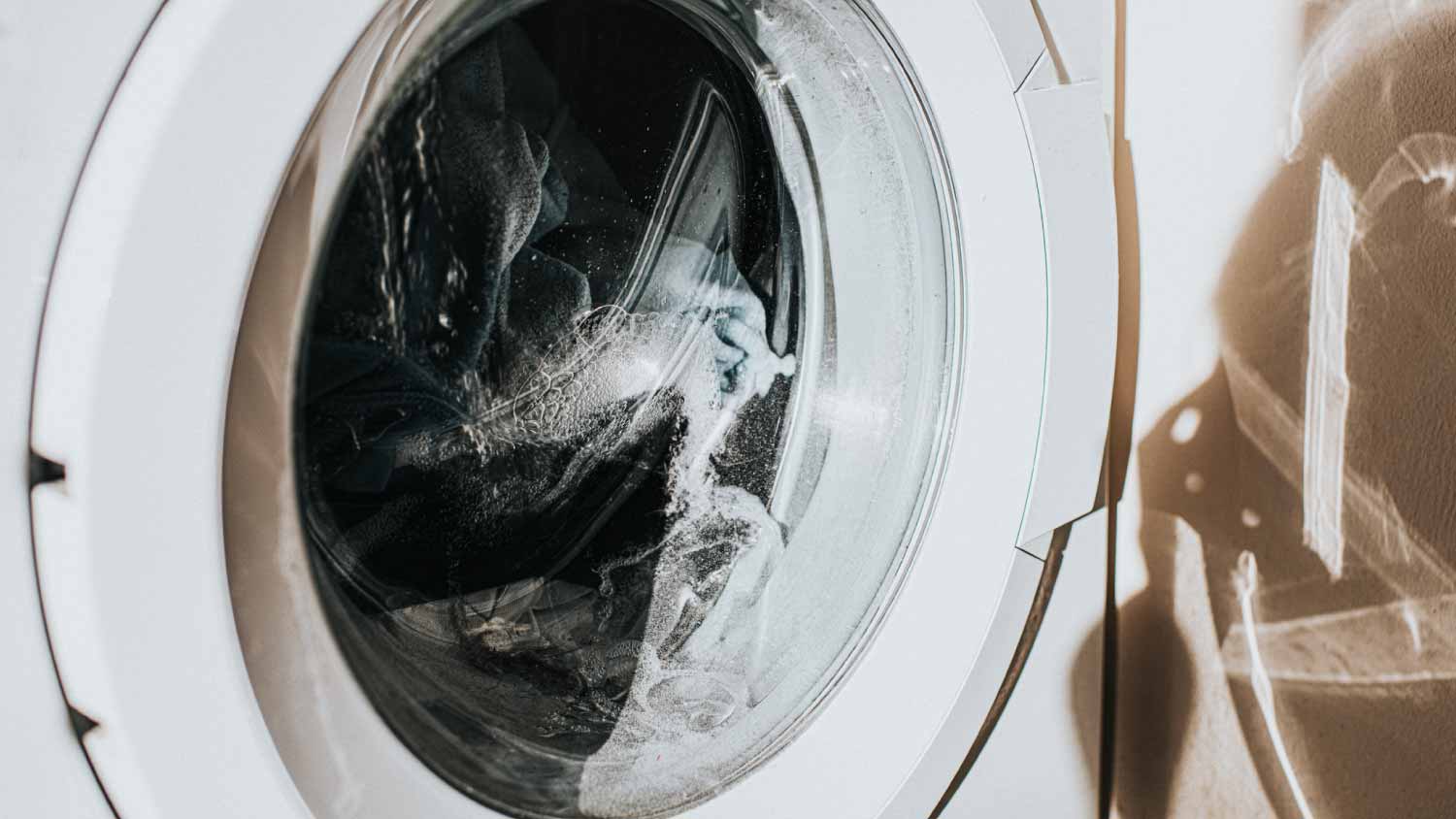
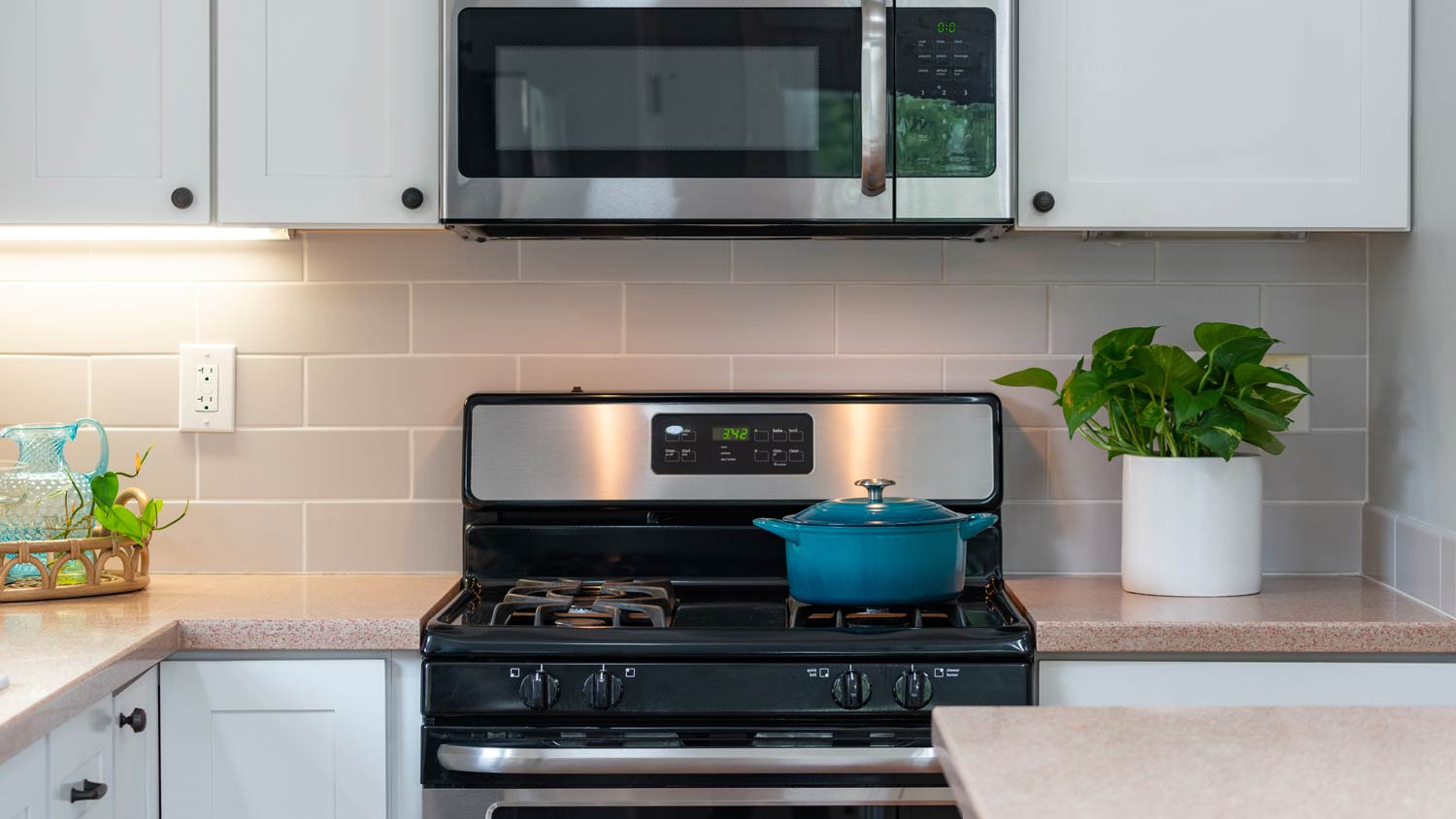
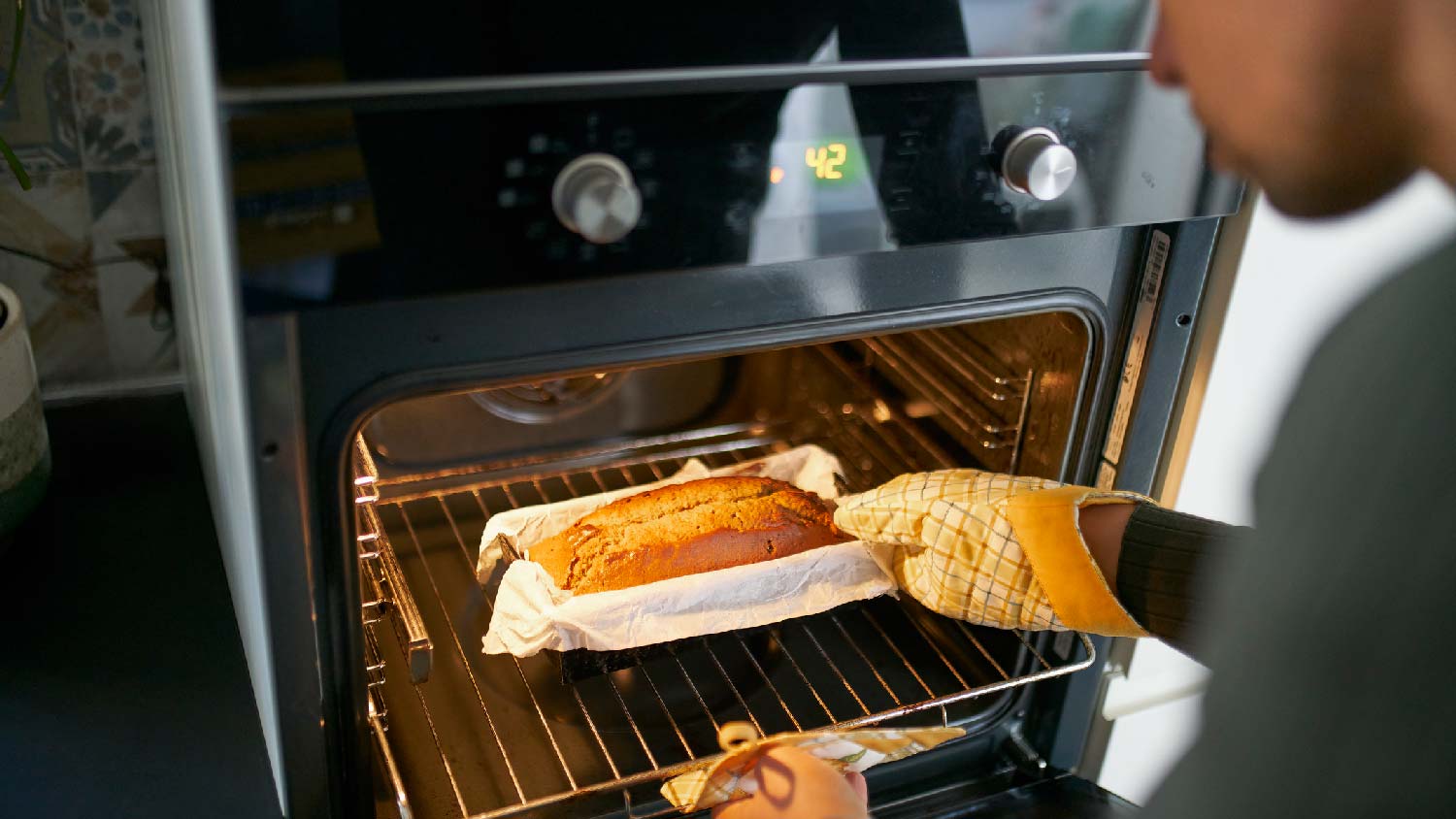
- Appliance Repair Companies
- Washing Machine Repair
- Dryer Repair
- Refrigerator Repair
- Dishwasher Repair
- Oven Repair
- Wood & Pellet Stove Repair
- Freezer Repair Services
- Wood Stove Services
- Gas Stove Repair
- Emergency Appliance Repair Companies
- Ice Maker Repair
- Gas Appliance Repair
- GE Appliance Repair
- GE Refrigerator Repair
- GE Dryer Repair
- GE Dishwasher Repair
- GE Washing Machine Repair
- Samsung Appliance Repair
- Samsung Refrigerator Repair
- Samsung Dryer Repair
- Samsung Washer Repair
- Samsung Dishwasher Repair
- Samsung Oven Repair
- Whirlpool Repair
- Whirlpool Refrigerator Repair
- Whirlpool Washer Repair
- Whirlpool Dryer Repair
- Whirlpool Oven Repair
- Maytag Appliance Repair
- Maytag Refrigerator Repair
- Maytag Washer Repair
- Maytag Dryer Repair
- Maytag Dishwasher Repair
- Kitchenaid Appliance Repair
- Kitchenaid Oven Repair
- Kitchenaid Refrigerator Repair
- Kenmore Appliance Repair
- Kenmore Dishwasher Repair
- Kenmore Washer Repair
- Kenmore Dryer Repair
- LG Refrigerator Repair
- Bosch Appliance Repair
- Kenmore Refrigerator Repair
- LG Appliance Repair Services
- GE Microwave Repair
- Electrolux Appliance Repair
- Electrolux Washer Repair
- Kitchenaid Dishwasher Repair Services
- Wood Stove Inspection
- Dishwasher Installation
- Trash Compactor Repair
- How Does a Water Heater Warranty Work?
- Why You Should Offer a Home Warranty When Selling Your Home
- Understanding What Your Roof Warranty Covers
- Is a Home Warranty Worth It?
- Am I Covered? Here’s What’s Included in a Home Warranty
- Everything You Need to Know About Basement Waterproofing Warranties
- 12 Surprising Things That Can Void Your Roof Warranty
- Should I Repair or Replace My Appliances?
- Home Warranty Vs. Home Insurance: What’s the Difference?
- What’s the Difference between Home Insurance and Home Warranty?

 - Derek Rose.png?impolicy=thumbnail)

